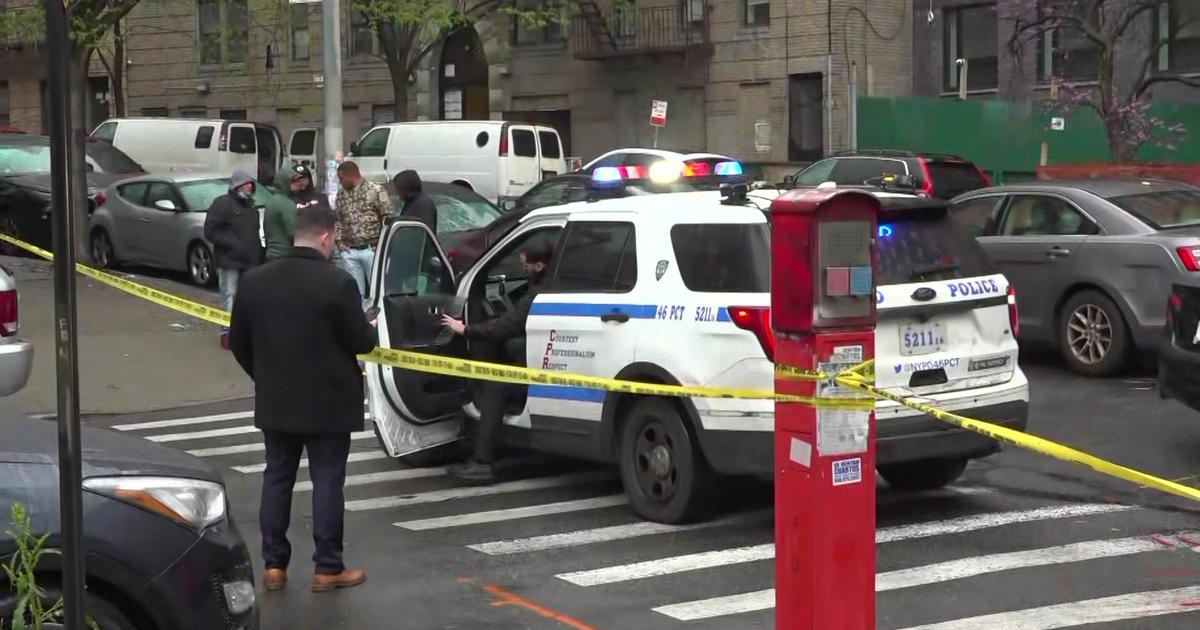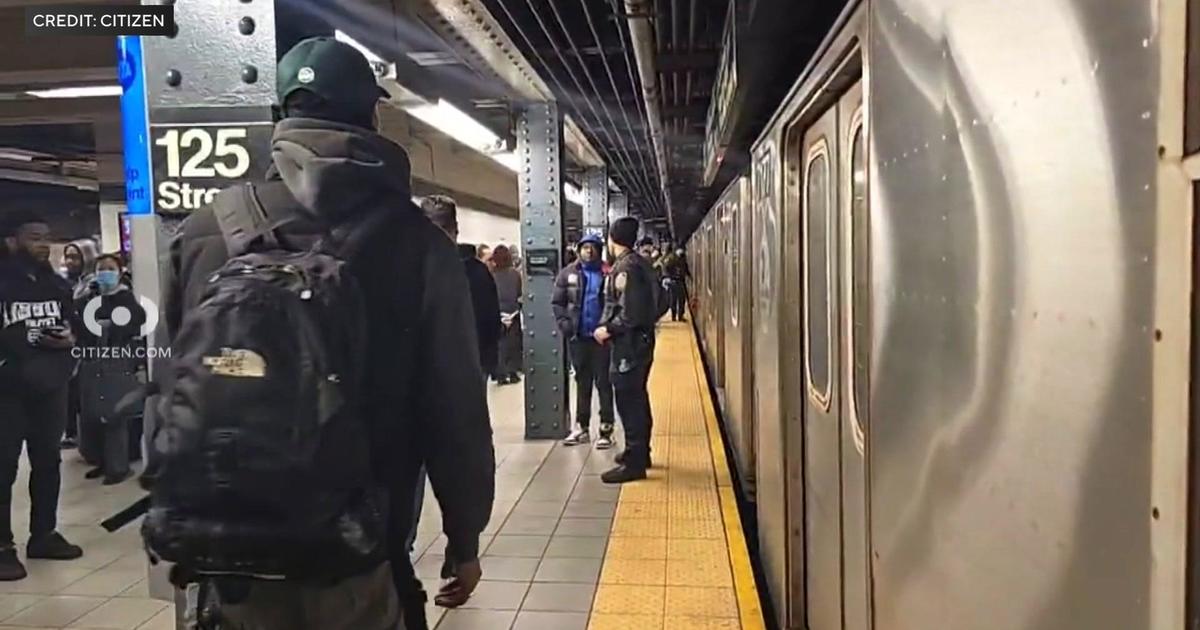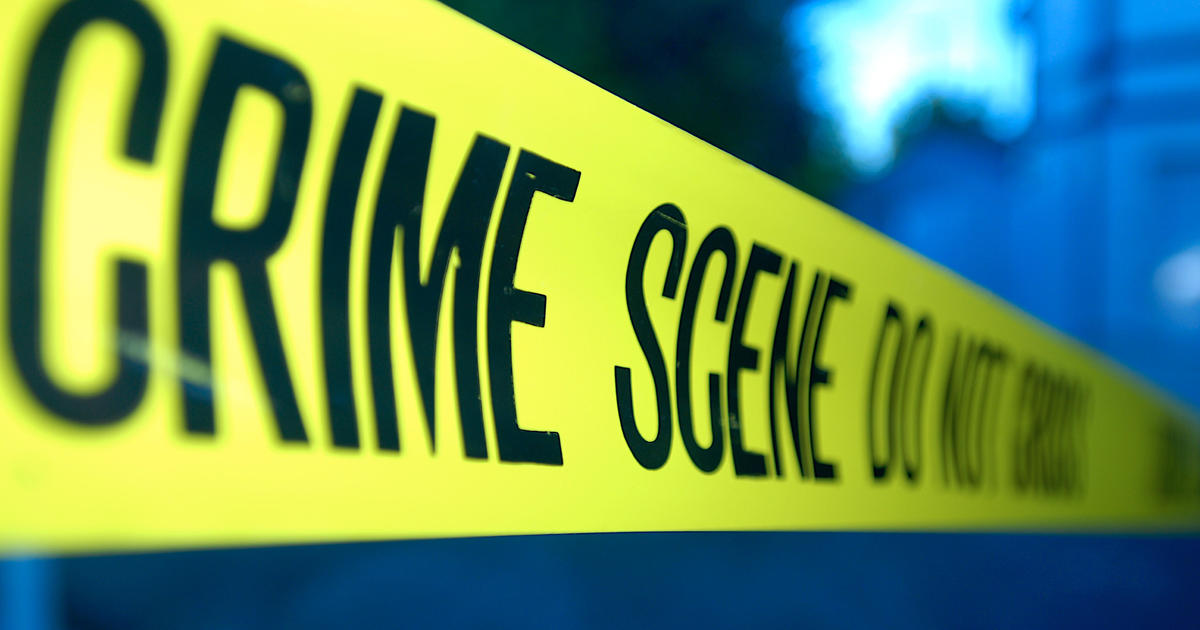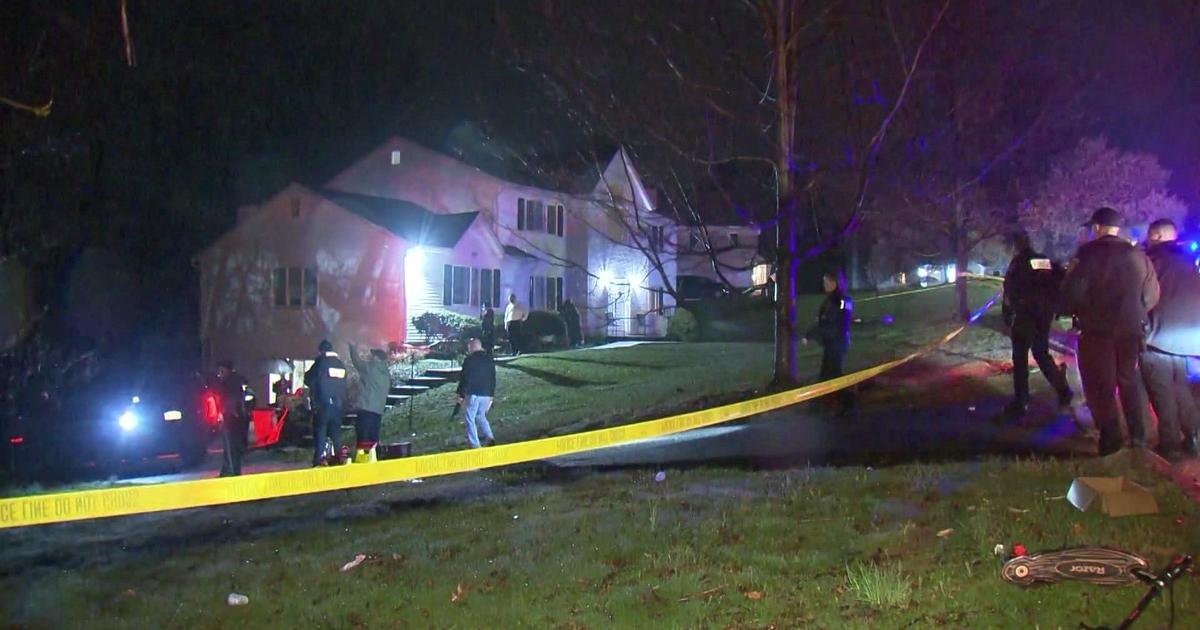WCS Bronx Zoo Apologizes For 'Disgraceful' Treatment Of Ota Benga, African Man Displayed In Monkey House 114 Years Ago
NEW YORK (CBSNewYork) - The Bronx Zoo is apologizing for a shameful and shocking act from 114 years ago.
The zoo acknowledges past leaders participated in racism that robbed an African man of his humanity by putting him on display in the zoo's monkey house.
As CBS2's Tony Aiello reports, the story of Ota Benga shocks the conscience.
It's a tale of cruelty and moral failing told in Pamela Newkirk's book Spectacle.
"He was captured. He was hunted in the Congo with the explicit consent of the U.S. Government," Newkirk said.
Now the Wildlife Conservation Society is apologizing for the role play by the early 20th century leadership of the Bronx Zoo. A white businessman brought Benga and other Africans to the U.S. to be displayed first at an exposition in St. Louis. Then in 1906, Benga was exhibited in the zoo's monkey house, a shameful spectacle that drew hundreds of New Yorkers.
"What they said is that he belonged to a degraded species... came from the lowest form of humanity," Newkirk said.
It outraged Black ministers, who quickly organized.
"Even in the midst of protests in New York City, Mayor McClellan looked the other way," Newkirk said.
In a letter sent to staff worldwide on Juneteenth - but just recently made public - the WCS apologized and condemned the "disgraceful" treatment of Benga.
WEB EXTRA: Read The Letter Of Apology
"We must confront our organization's historic role in promoting racial injustice," the WCS says in the letter.
"I thought it was of course long overdue," said Newkirk, who is a professor at NYU.
She hopes more institutions reckon with their racist acts of the not-so-distant past.
"And looking at the myriad ways it has been embedded in every institution in American life," she said.
In 1906, Black ministers arranged for Benga to move to an orphanage, and then a home in Virginia. He took his own life in 1916, depressed that World War I prevented his return to Africa.
There's a memorial plaque in Virginia. Newkirk thinks one is needed in the Bronx in order to humanize a man who suffered such inhumanity.
The Wildlife Conservation Society says, in addition to the apology, it is taking steps to reaffirm its commitment to social, racial and environmental justice.



